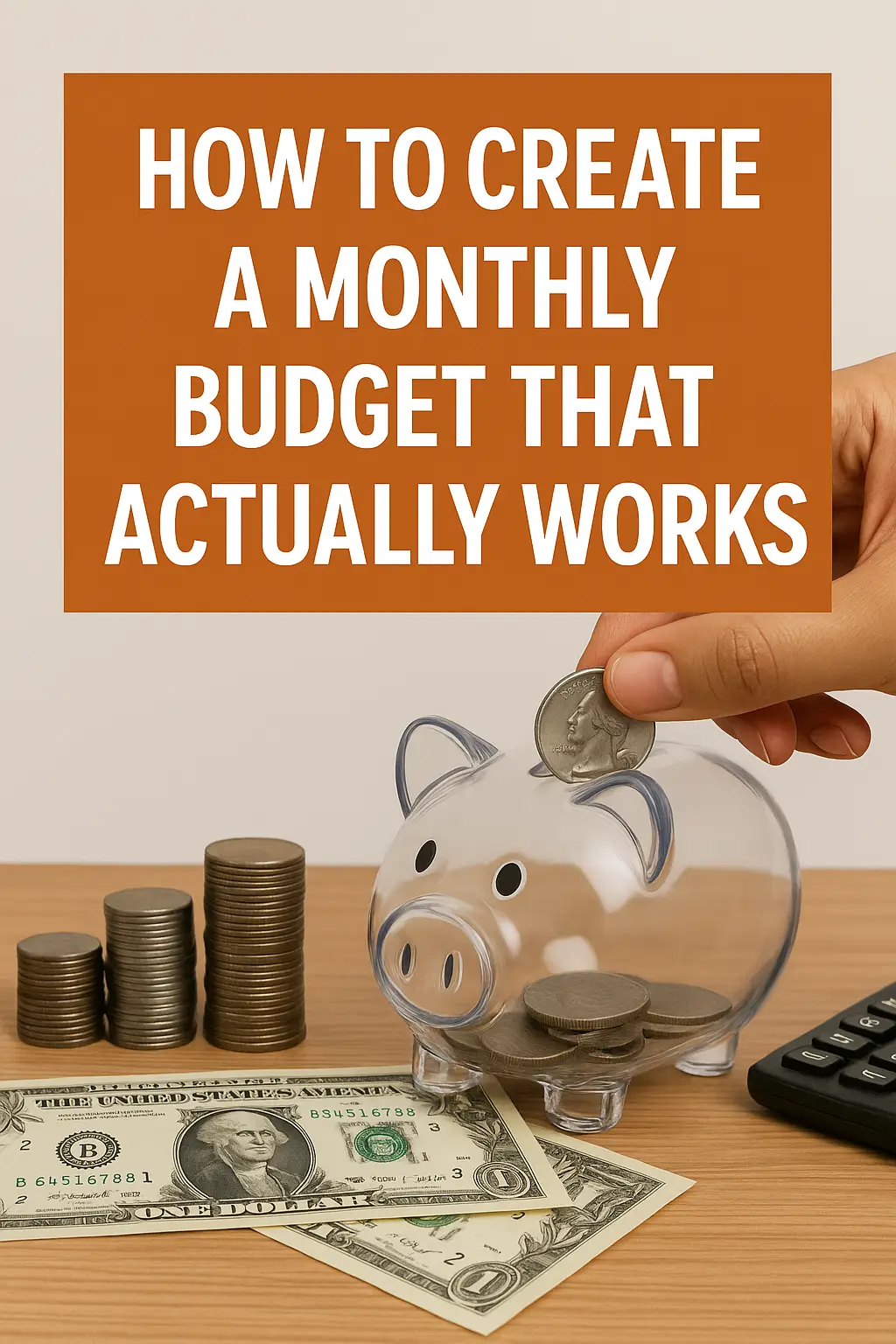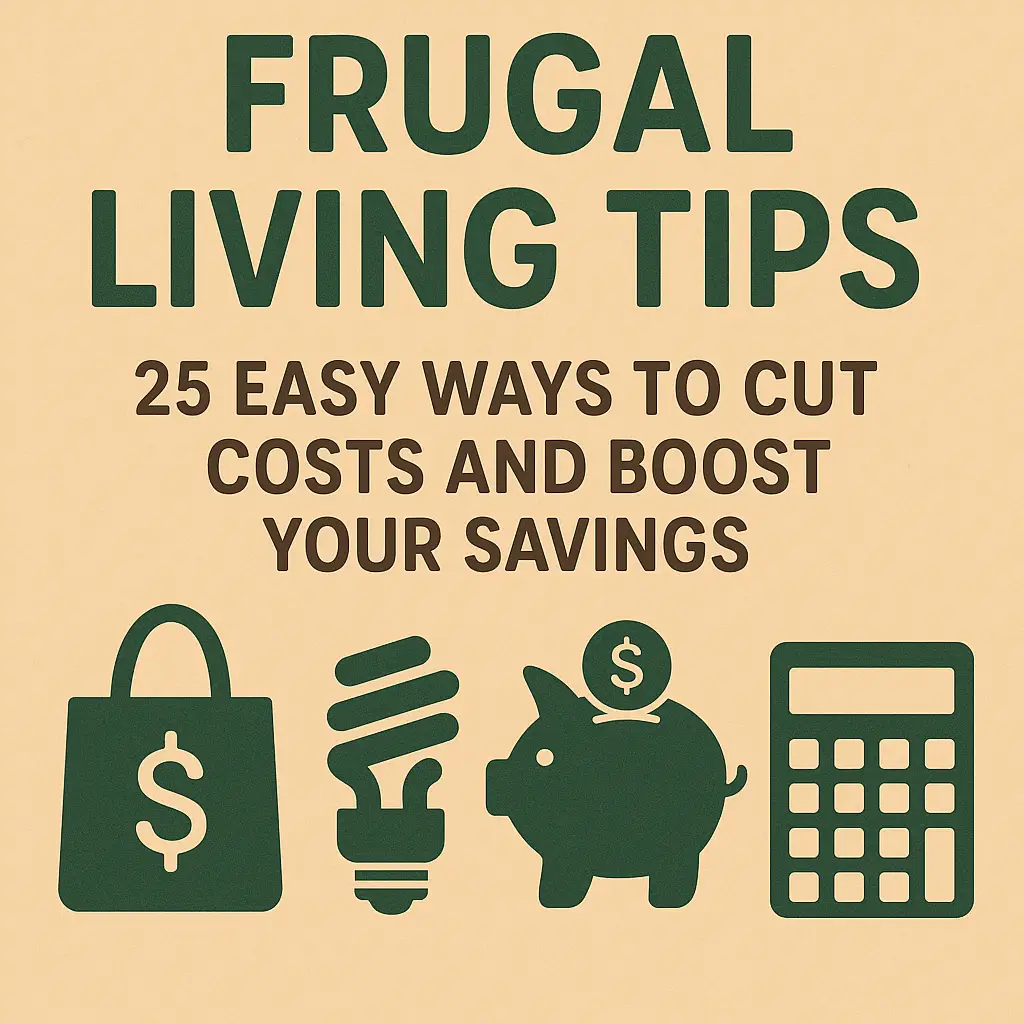💡 Why You Need a Monthly Budget
A budget is like a map for your money. It shows you where your money is going and helps you take control. With a budget, you can:
- Save more and spend less 💰
- Plan for bills and surprises 📆
- Reach your goals faster 🎯
Without a budget, money disappears quickly — and it’s hard to know why!
✅ Step 1: Know How Much Money You Make
Start by writing down your total income for the month.
- This includes your salary, part-time jobs, side gigs, or allowances.
- Only count the money you actually get (after taxes or deductions).
Keywords: monthly income, track income, budget planning
✅ Step 2: List All Your Expenses
Now, write down everything you spend money on. There are two main types:
- Fixed expenses: Rent, phone bill, subscriptions
- Variable expenses: Groceries, gas, fun, clothes
Don’t forget yearly costs (like car insurance) — divide them by 12 to include monthly.
Keywords: budget expenses, fixed and variable costs, budgeting worksheet
✅ Step 3: Subtract Expenses From Income
Use this formula:
Income – Expenses = What’s Left
- If you have money left over — awesome! Put it toward savings.
- If your expenses are higher than your income — time to cut back.
Keywords: balance your budget, monthly budget math, budgeting for beginners
✅ Step 4: Set a Realistic Savings Goal
Decide how much you want to save each month and treat it like a bill you must pay.
- Start small — even $20/month makes a difference.
- Put savings in a separate account to avoid spending it.
Keywords: saving goals, how to save monthly, beginner savings tips
✅ Step 5: Use a Simple Budgeting Method
Here are two beginner-friendly methods:
- 50/30/20 Rule: Spend 50% on needs, 30% on wants, 20% on savings.
- Envelope Method: Put cash in envelopes for each category — once it’s gone, it’s gone.
Keywords: 50/30/20 rule explained, envelope method, easy budgeting systems
✅ Step 6: Track Your Spending Daily
- Use apps like YNAB, Mint, or a notebook to track every dollar.
- Review weekly to stay on track and adjust if needed.
Keywords: how to track expenses, budget tracking apps, daily spending log
✅ Step 7: Review and Adjust Every Month
- Look at what worked and what didn’t.
- Make changes for the new month.
- Celebrate wins, even small ones!
Keywords: monthly budget review, financial progress check, how to improve your budget
🌟 Bonus Tips to Make Your Budget Work
- Set reminders for bills and payments.
- Use rewards or visuals to stay motivated.
- Be honest with yourself — no guilt, just goals!
Keywords: budgeting motivation, money mindset tips, financial discipline
🏁 Final Thoughts
Creating a monthly budget doesn’t need to be hard. Think of it like giving your money a job — so it works for you, not against you. Be patient and consistent, and soon budgeting will become a natural habit.
You’ve got this! 💪
💬 What’s Your Best Budgeting Tip?
Comment below and help others learn to budget better. Or share your budgeting success story — we’d love to hear it!








